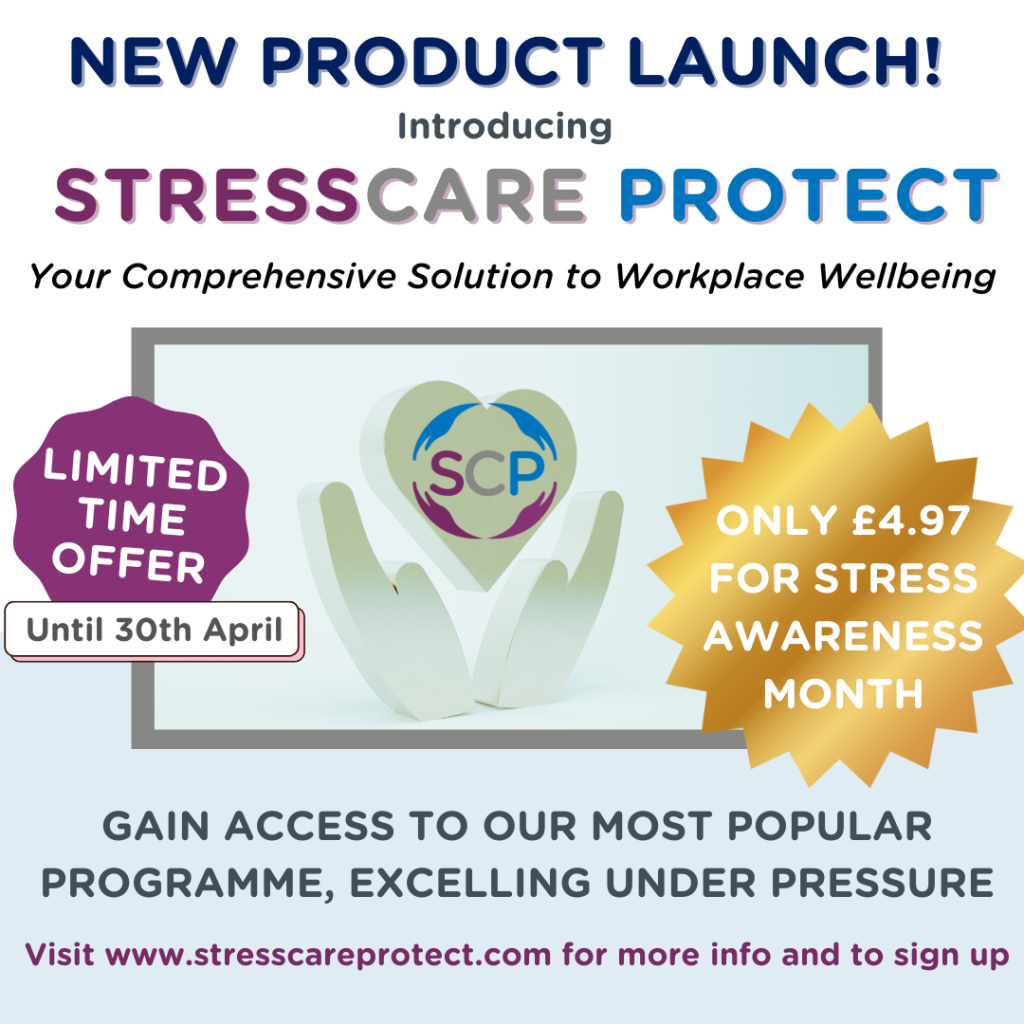Wellbeing Wednesday is approaching very soon and this year’s theme is all about: getting a better night’s sleep. One of our main tips for getting a better night’s sleep would be to cut down on your Caffeine intake.
Reaching for a cup of coffee first thing in the morning is something we are nearly all guilty off. Poor sleep has been proven to have a direct correlation with caffeine intake. Having a rubbish night’s sleep often leaves us feeling in desperate need of caffeine to get us through the day. This is often a cycle, because although the caffeine gives you the energy boost that you need to survive the day, it also then stops you from getting a long, good quality sleep. Unsurprisingly in the UK we drink around 55 million cups of coffee each day!
Cutting down caffeine will improve not only your sleep, but also your mood, lower your blood pressure, decrease your anxiety levels and enable you to make some savings financially.
How to cut your caffeine intake;
– An obvious tip would be to decrease the amount of coffee, fizzy drinks and energy drinks that you consume. You can do this slowly – If you usually drink 5 cups of coffee each day, decrease it to 3, then from 3 to 2, until you cut down to around 1 cup. Coffee is often an addiction, so, if you feel as though you are having withdrawal symptoms, such as; headaches, irritability, jitteriness or nausea, you are most likely correct. Take it slowly and do not give up on reducing your intake due to these symptoms.
-Water your drinks down – add more water and less coffee. You will still be getting the taste you’re craving, but you will be consuming much less caffeine.
-Make swaps – swap your morning coffee for something new. We would recommend you try a herbal tea or a glass of water with fresh lemon and raspberries infused in it.
For more tips on how to reduce your caffeine intake,
why not take our Individual Stress Test!



